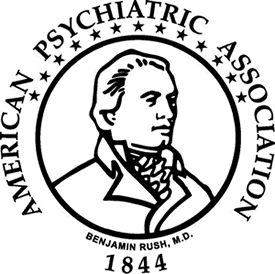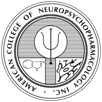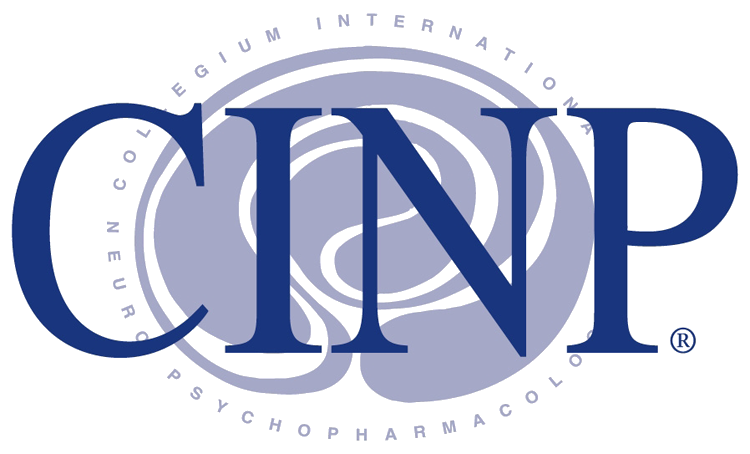Depression, Anxiety, and the Opioid Epidemic
Over the past few years, we have seen an explosion in the number of Americans who abuse prescription medicine – specifically, opioids. Even though there is an ever-growing media attention to the problem, some associated mental issues are not discussed much.
We’re fortunate enough to live during a time when it is much more socially acceptable to talk about these problems openly. In previous years, the taboo attached to mental health conditions and addiction to drugs was often one of the biggest hurdles that prevented people from seeking help. While some stigma still exists, we are starting to see a progressive shift towards greater level of understanding and empathy towards these individuals.
According to government statistics, roughly two million Americans currently abuse prescription opioids, while another half million use street-level opiates like heroin. Often, addiction leads to conditions like depression and anxiety which compound suffering and often result in vicious feedback loops.
Opioids and Depression
The link between opioid abuse and depression is a current common problem for many. While there are a number of contributing factors involved, opiates directly impact the brain by increasing the reward threshold. Put another way, the brain’s natural reward system is raised to a level that becomes intrinsically unsustainable, and previous behaviors that would bring satisfaction begin to lose meaning.
Similarly, the dramatic oscillation between euphoria and dysphoria can causes users to become fixated on recreating that high, causing them to neglect other areas of their lives that would normally bring meaning and happiness. With nothing else to grasp onto, they slip further into the clutches of their substance, with their lives descending downwards. Many are acutely aware as they spiral downwards, and are overwhelmed as to how to stop it.
Conversely, those who already experience depression (and other mood disorders) are at higher risk for opiate abuse, as the body’s natural opioids are actually suppressed or insufficient. Their condition will actually cause them to feel more pain, and make them more susceptible to urges.
Opioids and Anxiety
As opiate abuse begins to take its hold, the body is in constant distress. Emotional and/or physical pain intensifies during the downs, and the body’s sympathetic nervous system releases stress hormones that suppress cognitive decision-making and ramp up anxiety, which is footed in fear. The resulting feedback loop propagates itself, and relief becomes an obsession.
In addition, our brains are constantly rewiring themselves across our lifetimes as new information streams in. When we’re on opiates (or any psychotropic substance), our perception of the world changes until that drug wears off. Regular substance abuse can effectively suppress the brain’s perception of normal day-to-day stressors, and act as a scaffold where the brain rewires itself in a completely different way. During moments of sobriety, things that might seem like small stressors from the outside can trigger larger anxiety problems and kickstart this fight-or-flight response. The result, in many cases, is the aforementioned feedback loop where the person’s cognitive decision-making is hindered, and they seek respite.
The Fieve Depression Center
Serving the New York City community for over three decades, our multidisciplinary team offers a wide variety of services to help treat mental health issues. If you or a loved one are currently suffering from anxiety or depression, please do not hesitate to call us for an appointment.
Our multidisciplinary team is here to provide you with different options, and will go through a comprehensive diagnosis in order to give you the best treatment possible.
















